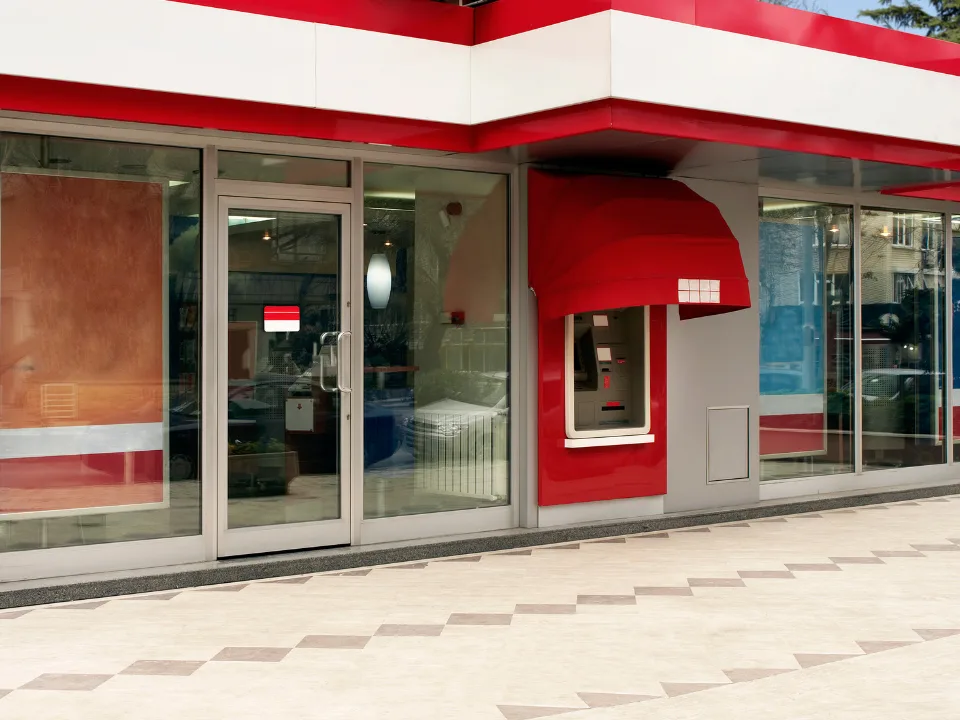- Tampa Bay, particularly East Tampa, is identified as a top market for industrial outdoor storage (IOS) due to its proximity to the Port of Tampa and major highways.
- The average cost per acre for IOS sites has surged by 32% over the past 18 months, fueled by increased demand from institutional buyers and e-commerce growth.
- While IOS offers benefits like cost savings and flexibility, challenges such as zoning restrictions, maintenance, and infrastructure costs remain.
Tampa Bay has emerged as a prime hub for industrial outdoor storage, with demand rising sharply over the past year and a half, as reported by GlobeSt.
According to a report by JLL, the region’s strategic location and logistical advantages are driving growth in this $200B asset class, with East Tampa standing out as the “most robust submarket” for IOS.
Why Tampa Bay?
JLL attributes Tampa Bay’s IOS growth to several factors, with East Tampa’s proximity to the Port of Tampa and key highways (I-75 and I-4) playing a crucial role. This connectivity facilitates efficient transportation and storage of business-related equipment and materials, making the area particularly attractive to companies seeking convenient and cost-effective solutions.
“Outside of East Tampa, there are scattered IOS pockets within the Tampa MSA. Each submarket offers unique advantages and opportunities,” noted JLL, emphasizing the broader regional appeal.
Institutional Interest
The report highlights a 32% increase in the average cost per acre at IOS sites over the last 18 months, driven by heightened demand. This surge is mainly due to institutional players entering the market, buying and leasing properties at higher rates than smaller, traditional operators.
The growth of e-commerce and supply chain disruptions have also contributed to the rise in demand for IOS, as businesses look for flexible storage solutions outside of traditional warehousing.
Benefits of IOS
Additionally, IOS as a property subsector offers several advantages that make it an appealing option for businesses:
- Cost Savings: Compared to traditional warehouses, IOS facilities generally require lower upfront and ongoing costs, helping businesses cut expenses.
- Flexibility: Suitable for various uses, such as vehicle storage, heavy materials, or seasonal goods, IOS can supplement existing operations or act as a stand-alone solution.
- Sustainability: IOS facilities are often more environmentally friendly, reducing the need for large building structures and associated energy consumption.
“This method can lead to more revenue streams while also being a greener alternative to traditional warehousing,” said JLL.
Get Smarter about what matters in CRE
Stay ahead of trends in commercial real estate with CRE Daily – the free newsletter delivering everything you need to start your day in just 5-minutes
Challenges Facing IOS
Despite its benefits, IOS is not without challenges for investors:
- Infrastructure Needs: Proper infrastructure, including lighting, drainage, and secure fencing, is essential, often requiring significant investment.
- Maintenance Issues: Due to exposure to natural elements, IOS sites are more susceptible to erosion and wear, leading to higher maintenance requirements.
- Zoning and Limited Supply: Securing suitable land for IOS can be difficult due to zoning restrictions. There is also a lack of comprehensive data on market trends such as rental and vacancy rates, which can hinder growth and investment decisions.
Looking Ahead
As e-commerce continues to expand, demand for IOS is expected to grow alongside it. Historically, IOS has been used to manage surplus goods or seasonal demand, but its flexibility and cost-effectiveness have broadened its appeal across various sectors.
In other words, while there are challenges related to infrastructure and market transparency, the sector’s potential for growth remains strong.
With institutional investment on the rise and the continued expansion of e-commerce, Tampa Bay and other similar markets are poised for further growth. However, addressing infrastructure challenges and zoning issues will be key to sustaining this momentum.

















